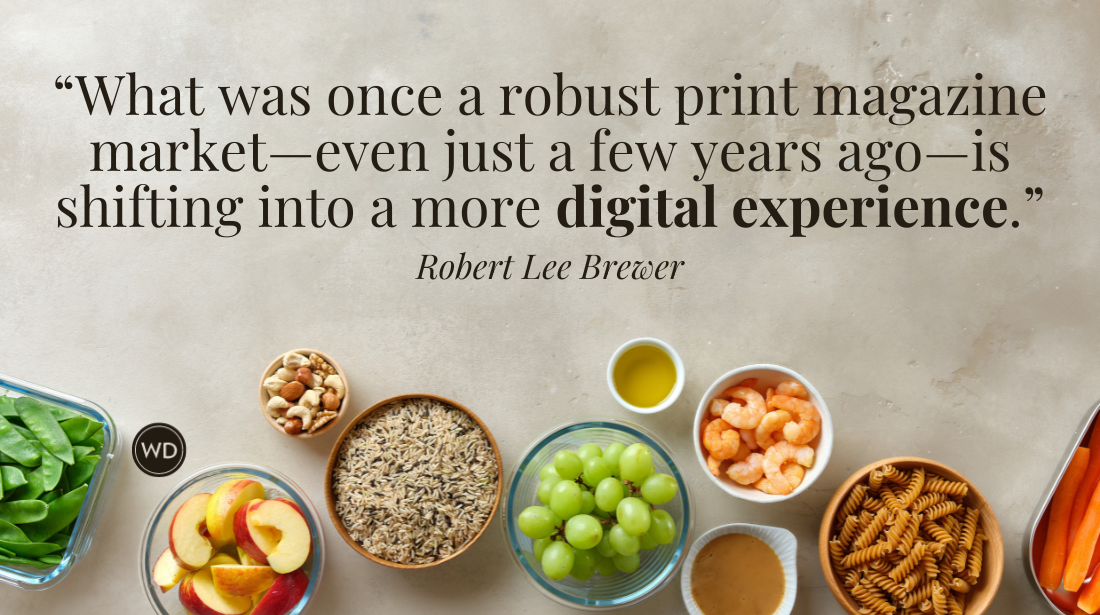Is a Freelancing Career in Writing Feasible?
So you’re thinking about a freelance career in writing? Consider this information before diving in and becoming a freelance writer.
Q: I want to quit my day job and freelance full time, but I’m nervous that I won’t be able to make enough money to pay my bills. Can I really make a living as a freelance writer? —Carson B.
There are many writers around the world not only making a living by freelancing, but making a good living. Some have even written books about it (see Writer for Hireby Kelly James Enger). Not all writers achieve enough success to get by, though, so it’s important to learn what you need to do in order to give yourself the best chance to succeed.
The key to finding freelance success is developing relationships with editors at the publications you’d most like to write for on a regular basis. These relationships are invaluable and pivotal, as you’re unlikely to make a living by relying solely on a constant stream of cold queries. You want editors to contact you with assignments, and the best way to do that is to always deliver exactly what the editor wants by the assigned deadline. In fact, the more quickly you can turn around quality articles, the more you’ll endear yourself to the overworked people doling out the assignments.
In my own editorial role, I very often turn to folks I’ve already worked with—those who have a proven track record of giving me what I want, when I want it. With today’s editorial staffs growing thinner than saltine crackers, finding a core group of dependable writers is key to the success of countless publications today. If you want to freelance full time, you must work hard to be in that group.
It’s also helpful to make contacts with multiple editors at each market you write for. Editors often move around to different editing gigs and, trust me, they bring their stable of freelancers with them. When I started at WD and first needed to assign a piece, the first person I called was a freelancer I’d used at my former employer, Supply House Times magazine (if you love information about plumbing warehouses, you’ll love SHT—also, the initials will make the child in you giggle). The topics of my magazines couldn’t have been more different, but that didn’t matter. A great freelancer can do the research needed to cover any topic.
Finally, remember that being a full-time freelance writer is just what it sounds like: a full-time job. Yes, you can choose the hours you work, but you’ll still have to put in as many hours (if not more) as you would at a typical 9-to-5 job in order to make it. You don’t get paid vacation time (unless you land a travel article assignment that can double as one, that is …) and you don’t get benefits like health insurance, a 401k and playing on the company softball team. But you do have the opportunity to out-earn what you would working for a publisher (by significant margins) and set a flexible schedule so you can take the kids to school or run errands when the stores aren’t crowded. Plus, you can write at home in your underwear.
Just don’t tell the editors that last part when you’re on a conference call.
Thanks for visiting The Writer's Dig blog. For more great writing advice, click here.
*********************************************************************************************************************************
Brian A. Klems is the online editor of Writer's Digest and author of the popular gift bookOh Boy, You're Having a Girl: A Dad's Survival Guide to Raising Daughters.
Follow Brian on Twitter: @BrianKlems
Sign up for Brian's free Writer's Digest eNewsletter: WD Newsletter
Brian A. Klems is the former Senior Online Editor of Writer’s Digest, and author of Oh Boy, You’re Having a Girl (Adams Media/Simon & Schuster). Follow him on Twitter @BrianKlems.








